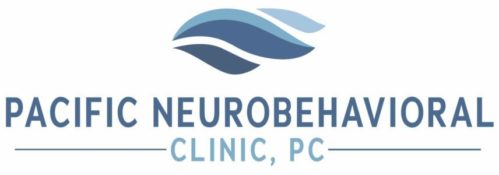What is a neuropsychological evaluation?
Neuropsychological evaluations provide comprehensive assessments of a person’s cognitive, emotional, and behavioral functioning, while taking into account different factors that could contribute to a person’s condition, including psychiatric, neurological, and medical conditions, effects of medications, psychosocial, cultural, and environmental factors. A neuropsychological evaluation can be a valuable first step to determine a proper diagnosis and help guide treatment planning. The right diagnosis that takes into account the whole picture then leads to comprehensive recommendations for treatment of the condition.
Neuropsychological domains assessed:
Neuropsychological evaluations typically assess the following areas of functioning:
- General intellectual abilities
- Academic achievement
- Motor and sensory functioning
- Attention and processing speed
- Expressive and receptive language abilities
- Visuospatial/perceptual abilities
- Learning & memory
- Executive functions (higher-order thinking abilities, i.e. problem-solving, abstract reasoning, etc.)
- Personality and emotional functioning
What are some reasons to get a neuropsychological evaluation?
Some common referral reasons for a neuropsychological evaluation include questions regarding:
- Measuring changes in thinking and behavior after a brain injury or medical condition
- Determining an accurate diagnosis due to changes in thinking and/or behavior (and recommending appropriate treatment)
- Differentiating between psychiatric and neurologic conditions
- Evaluating memory concerns and answering questions about possible dementia/neurodegenerative diseases like Alzheimer’s disease
- Evaluating for attention deficit hyperactivity disorder (ADHD) or determining other contributors to attention problems.
- In non-clinical cases, neuropsychological evaluations might be requested by employers or organizations to determine someone’s fitness for duty or readiness to return to work after a medical event.
How long does a neuropsychological evaluation take?
Depending on the reason for the evaluation and tests that are needed, the face-to-face time with the examinee can range from 2 hours up to 12 hours.
Our Areas of Specialty (For Adults 18+):
Traumatic Brain Injury (TBI)
Concussions & head injuries
Cerebrovascular accidents (CVA)/strokes
Neurodegenerative conditions/dementia (Alzheimer’s disease, frontotemporal dementias, Parkinson’s disease, Lewy body dementia, etc.)
Attention deficit/hyperactivity disorder (ADHD)
Multiple sclerosis & autoimmune disorders
Epilepsy and seizure disorders
